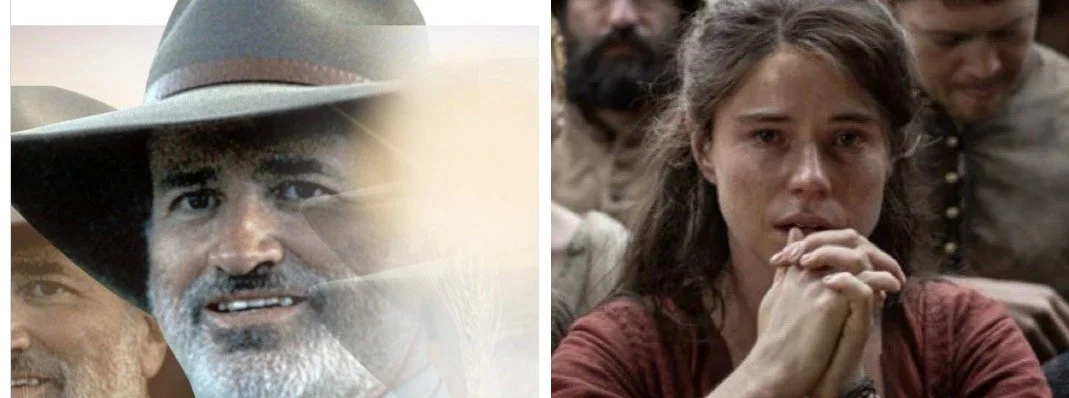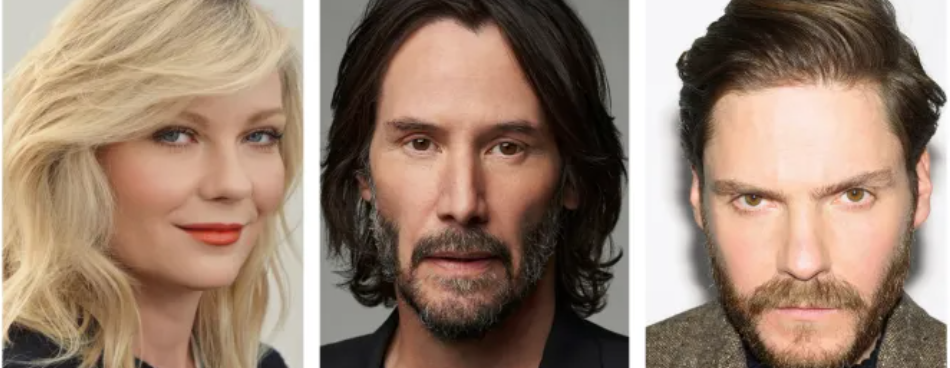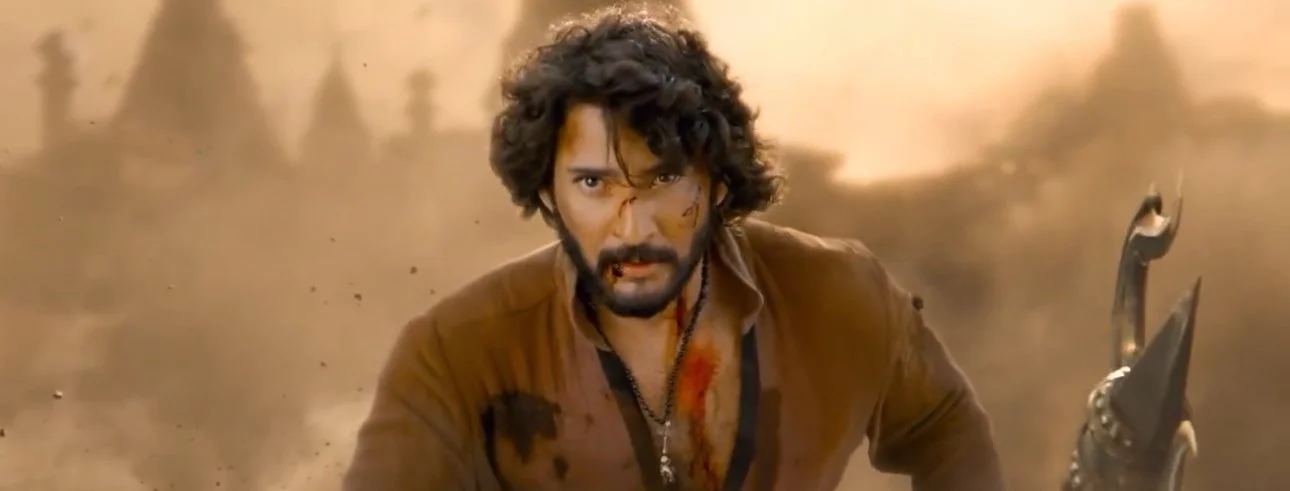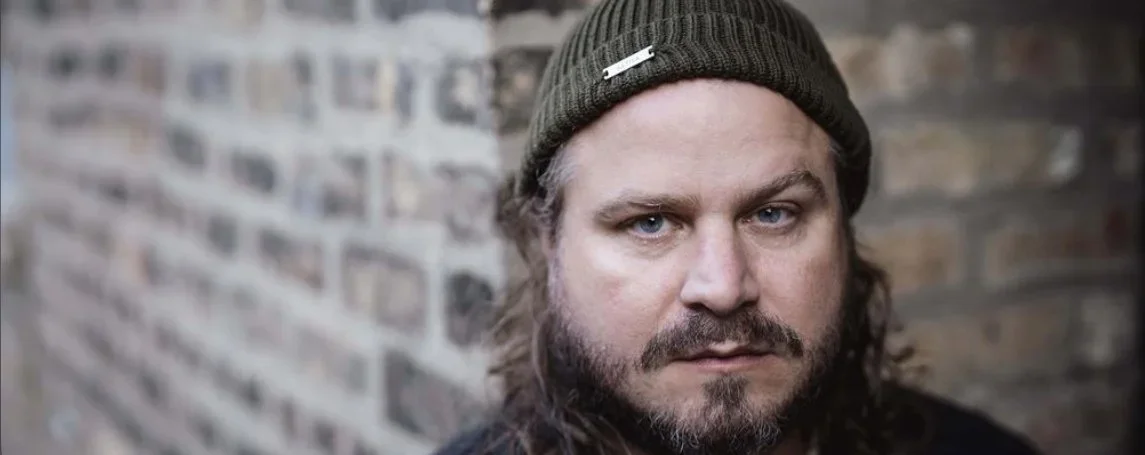
As I write a mid-year recap about the best TV shows so far this year, I'm reminded of how 2017 was the best year for television that I have ever experienced: Twin Peaks: The Return, Atlanta, Big Little Lies, The Leftovers, The Handmaid's Tale, Better Call Saul, Better Things, The Deuce, Mindhunter, Master of None, GLOW, Veep, Ozark, and all this despite it being an off-year for Fargo.
A few of these shows even towered over almost any movie I saw this and last year. However, so far this TV year there haven't been that many shows to celebrate. Hell, even the social pertinence of "The Handmaid's Tale" was gone and replaced by an odd repetitiveness that felt like it was written by someone trying to imitate Margaret Atwood's ideas and words, but sans the effortlessness.
We had one of the more consistent shows on television entering its fifth season, HBO's "Silicon Valley," still a worthy show but slowly losing its stinging sense of relevance and freshness. In fact, the show is starting to feel, gulp, predictable. If it doesn't find its initial sure-footededness back next season then it will surely become problematic for Mike Judge and company.
The sixth and final season of FX's spy drama "The Americans" was far superior than the disappointing fifth season. Despite a slow start, the season built on momentum and ended in the most subtle but beautiful of ways: a showdown between KGB agents Philip (Matthew Rhys) and Elizabeth (Keri Russell), their daughter, Paige (Holly Taylor), and the FBI agent Stan Beeman (Noah Emmerich) that was made their fool. However, despite the brilliant final episodes, "The Americans" landing wasn't necesarilly met with as much attention as many critics had originally believed the show would garner. Yes, there were brilliant moments throughout its run, but the show's legend will not necessarily be as "legendary" as some critics might think.
Even the new shows lacked in excitement or overall discovery. The year's first season highlights included “Killing Eve,” “Counterpart,” “End of the F***ing World” “Cobra Kai," and, my personal guilty pleasure, "Everything Sucks," a vividly detailed take on adolescence in the 1990s.
However, if any show was the surprise of the TV year so far it had to be “Barry,” you know, that show where Bill Hader plays a depressed hitman that decides to become an actor. It sounded abominable on paper, but the Hader/Berg-created show worked like wonders and, unlike most of the stuff we saw on TV, felt vividly alive. It was the best kind of dark comedy; filled with nasty thrills, a perfect sense of comic-timing and the kind of casting that makes rival agents soak up in envy.
If "Barry" was a saving grace of sorts for new television, then "Atlanta" was surely the miracle that kept on giving as far as returning shows went. The darkly unpredictable nature of this show is something to behold. It speaks to us all as a society, as it tries to pinpoint the preposterousness of it all. The ludicrousness of existence.
As Donald Glover's Emmy Award-Winning series, the best show on TV, finally goes on break after an electrifying second season on FX, we can't help but wonder what the future holds for the willy bunch of characters created by Glover and his brother Stephen. After all, its focus on Earn Marks (Glover) and his struggles to help his client and cousin Alfred (Brian Tyree Henry) become a successful rapper with the pseudonym Paperboy was not only some of the most bizarre and minimalist television we've ever seen, but some of the most profound social commentary as well. Tackling issues such as relationships, fatherhood, family, success, racism, failure, poverty in such freshly new and inventive ways, every time an episode ended it felt like you were seeing the world around you in a whole new light.
The second season was darker, grittier, bolder and surely had, at times, some people scratching their heads. After every episode ended, you had to ask yoursel the same question "What did we just witness? What did it all mean? Suffice to say, the show's fearless ambiguity wasn't for everyone, and surely rubbed some mainstream audiences the wrong way in its refusal to adhere to classical narrative structures, but that was part of the riotous fun of watching "Atlanta." It was a show that also felt like a creative high wire act.





